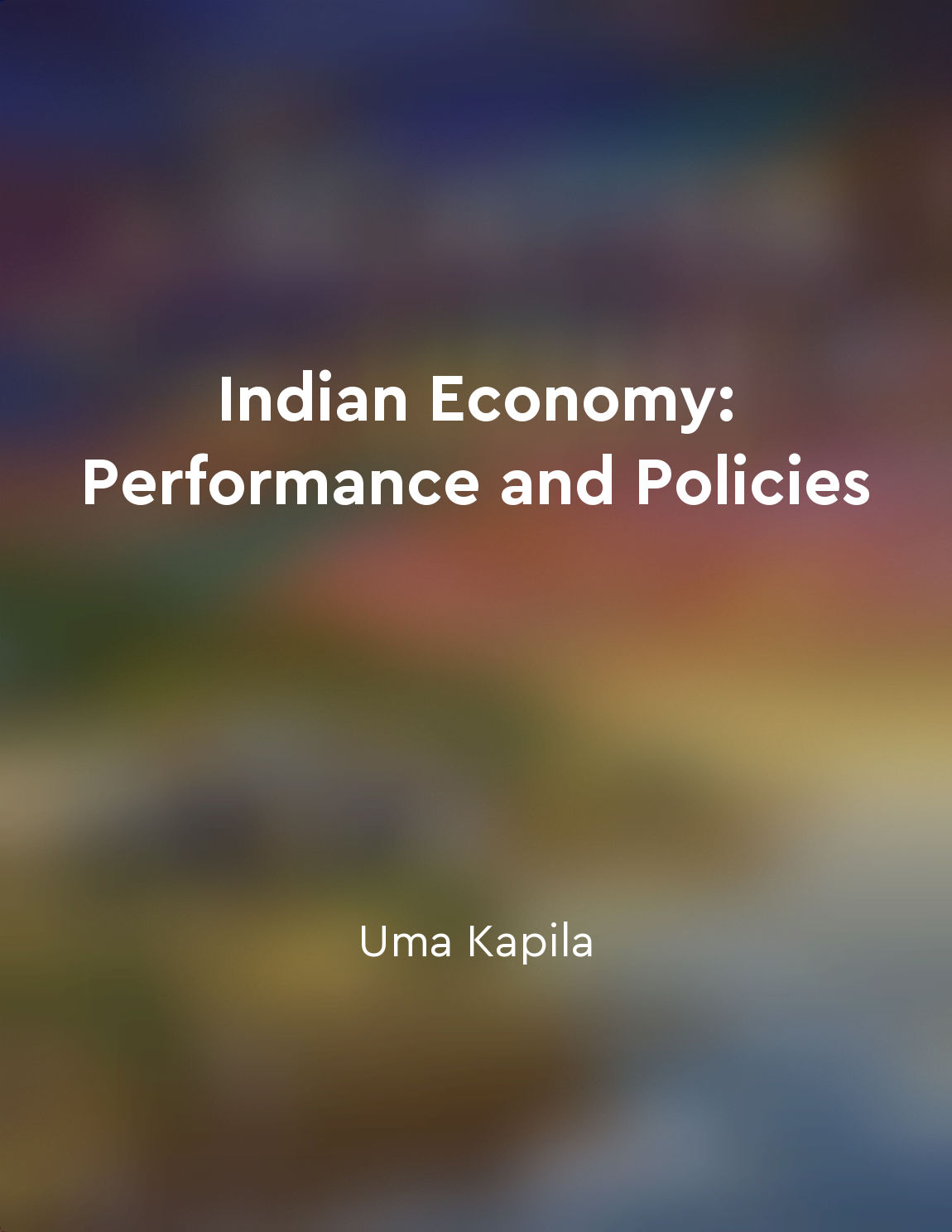Economic policies influenced business strategies from "summary" of A Business History of India by Tirthankar Roy
The relationship between economic policies and business strategies is a complex and dynamic one that has evolved over time in India. From the colonial era to the post-independence period, government interventions and regulations have played a significant role in shaping the decisions and operations of businesses in the country. During the colonial period, economic policies were largely geared towards serving the interests of the British Empire. This often meant restrictions on Indian businesses in order to protect British industries and maximize profits for the colonizers. As a result, Indian entrepreneurs had to navigate a challenging regulatory environment that influenced their strategies and decision-making processes. Following independence, the Indian government adopted a more interventionist approach to economic planning, with an emphasis on state-led industrialization and import substitution. This led to the implementation of policies such as licensing, quotas, and tariffs, which had a direct impact on the strategies of businesses operating in the country. Businesses had to adapt to these policies by focusing on sectors identified as priorities by the government, obtaining licenses for expansion or diversification, and complying with various regulations. This often meant that business strategies were heavily influenced by the prevailing economic policies of the time. In more recent years, economic liberalization has brought about significant changes to the business environment in India. The dismantling of many regulatory barriers and the opening up of the economy to foreign investment have allowed businesses greater flexibility in their strategies and operations. However, economic policies continue to play a crucial role in shaping business strategies in India. For example, policies related to taxation, intellectual property rights, labor laws, and environmental regulations all have a direct impact on how businesses operate and make decisions.- The relationship between economic policies and business strategies is a multifaceted one that requires businesses to constantly adapt and respond to changes in the regulatory environment. By understanding and navigating these policies effectively, businesses in India can position themselves for success in an ever-evolving market.
Similar Posts
Role of religion in shaping Indian society
Religion has played a significant role in shaping Indian society throughout its long and complex history. It has been a powerfu...
India's business landscape transformed rapidly
The business landscape of India underwent a rapid transformation in the course of its history. This transformation was marked b...

Sustainable development climate change challenges
Sustainable development is a crucial concept in today's world as it emphasizes meeting the needs of the present without comprom...

Government intervention can lead to positive outcomes
Government intervention can lead to positive outcomes in various ways. One key aspect is the ability of governments to correct ...
Encouraging entrepreneurship within the organization
The Tata Group, known for its long and illustrious history, has always been at the forefront of innovation and change. One of t...
Indian literature reflects the country's complex history
The rich tapestry of Indian literature can be viewed as a reflection of the country's tumultuous history. Over the centuries, I...
Indian economy flourished with ancient trade
The ancient trade of India played a crucial role in the flourishing of the Indian economy. From the early centuries of the comm...
Challenges faced by India after independence
Jawaharlal Nehru discusses the numerous challenges that India had to confront in the wake of gaining independence. The country ...

